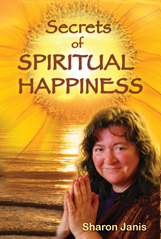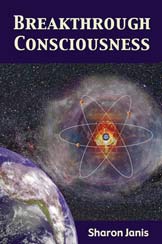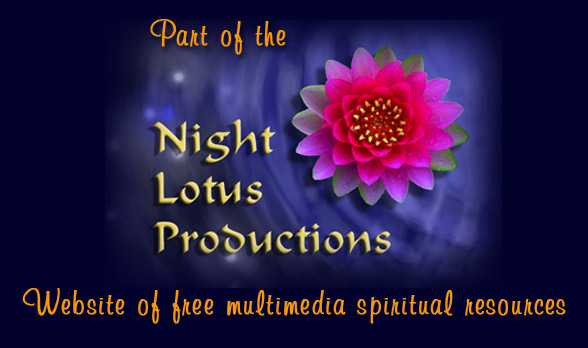ago 14, 2012 // Por Pascual Hernández // Éxito, Felicidad, Pensamiento Positivo // No hay Comentarios
“El Pensamiento Positivo es un hábito, un buen hábito.”
Hola amig@!
Las consideraciones y pensamientos de personas ilustres que, antes que nosotros, han luchado como tu y como yo para superarse suponen para mi enseñanzas valiosísimas e inspiradoras.
10 PENSAMIENTOS POSITIVOS
“No importa que tan lento vayas, lo importante es nunca detenerse.” Confucio.
“El camino voluntario y soberano hacia la alegría, si perdemos la alegría, consiste en proceder con alegría, actuar y hablar con alegría, como si esa alegría estuviera ya con nosotros.” William James.
“Pueden hacerlo porque creen que pueden hacerlo.” Virgilio.
“No podemos evitar que el pájaro de la tristeza nos sobrevuele, pero podemos evitar que anide en nuestra cabeza.” Proverbio chino.
“El miedo hace que se produzca lo que se teme.” Viktor Frankl.
“Lo que un hombre piensa de sí mismo, esto es lo que determina, o más bien indica, su destino.”
Henry David Thoreau.
“No somos el producto de nuestro pasado, sino de nuestras elecciones.” Stephen Covey.
“Los que renuncian son más numerosos que los que fracasan.” Séneca.
“El día peor empleado es aquel en que no se ha reído.” Chamfort.
Un abrazo, tu amigo Pascual

Pascual Hernández
El Blog en Español para Mejorar tu Vida
¿Me quieres seguir en Facebook? Haz clic aquí.



















